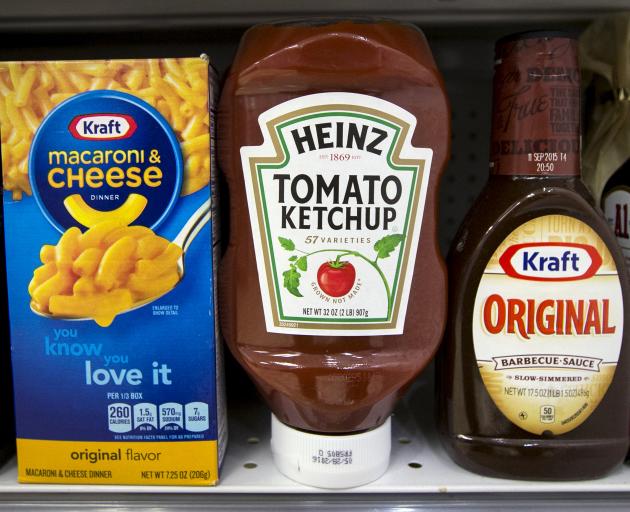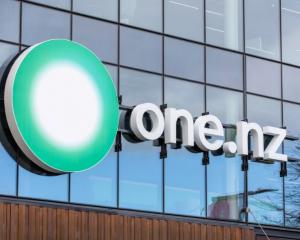
US food company Kraft Heinz made a surprise $US143 billion offer for Unilever in a bid to build a global consumer goods giant, although it was flatly rejected on Friday by the maker of Lipton tea and Dove soap.
A combination would be the third-biggest takeover in history and the largest acquisition of a UK-based company, according to Thomson Reuters data.
It would bring together some of the world's best known brands, from toothpaste to ice creams, and combine Kraft's strength in the United States with Unilever's in Europe and Asia.
The global packaged food industry is grappling with slowing growth, new competition from upstart brands, deflation in developed markets and more health-conscious consumers.
Although Kraft, which is controlled by US billionaire Warren Buffett and private equity firm 3G Capital, said it looked forward to talking terms, Unilever said it saw no reason to discuss a deal without financial or strategic merit.
Kraft approached Unilever earlier this week, according to people familiar with the matter, who declined to be identified because the approach was confidential.
In its offer, Kraft sought to provide assurances over maintaining its culture of innovation, recognising that this requires investment, and acknowledged that there are limits to cutting costs, one of the people said.
Kraft has also offered to keep three headquarters for the combined company in the United States, Britain and the Netherlands, the source added. Kraft also expects the combined company to be well capitalized, so that its debt is rated investment grade, according to the source.
Kraft has until March 17 to make a final bid for Unilever under UK takeover rules.
Unilever shares rose to a record following news of the offer, which analysts at Jefferies called a "seismic shock", and closed 15% higher, short of Kraft's $US50 per share offer price, with the news lifting shares across the sector.
Unilever said Kraft's proposal included $US30.23 per share in cash, payable in US dollars, and 0.222 of a share in a new enlarged entity per Unilever share and represented an 18% premium to its share price on Thursday.
"We believe Kraft will likely need to raise its offer substantially if it hopes to change the outcome," RBC Capital Markets analyst David Palmer said in a research note.
Kraft's move could flush out other bidders for Unilever, but of the potential rivals, US consumer giant Procter & Gamble may face anti-trust hurdles, while pharmaceutical and consumer packaged goods company Johnson and Johnson would likely not be interested in household products.
UNILEVER'S CHALLENGES
Unilever, which has struggled recently amid slowing growth and currency fluctuations, saw its shares tumble 4.5% on January 26, its worst day in nearly a year, when the company reported lower-than-expected fourth-quarter sales.
The share plunge encouraged Kraft to make an approach, another source familiar with the matter said, asking not to be named because the matter is confidential.
Unilever has been hit by a slowdown in emerging markets, which it and other consumer companies have long relied on for growth, as well as in its home market, where consumers have been rattled after "Brexit," Britain's decision to leave the European Union last year.
Brexit pushed down the value of the pound, raising the cost of producing consumer goods in Britain and straining relations between the country's retailers and suppliers.
For Kraft, its move comes as low interest rates and cheap debt have fuelled big cross-border deals, making it the busiest start to the year for M&A activity on record.
Still, investors will look at Kraft-Heinz's own track record of boosting sales when evaluating whether they can help Unilever cope with its own slowed growth. Kraft's sales fell 3.8% to $US6.86 billion in the fourth quarter ending December 31, and its US sales, which account for more than 70% of total sales, fell 3.1% to $US4.84 billion.
Kraft Heinz shares rose more than 10% in New York trading, helping lift the Nasdaq to a record high.
Britain's largest union, Unite, represents employees at Unilever, according to its website. Unite urged Unilever to continue fending off the takeover attempt to prevent job losses.
Unilever employs 168,000 people and generates roughly 17% of its revenue in the United States compared with Kraft-Heinz, which generates roughly 78% in America.











